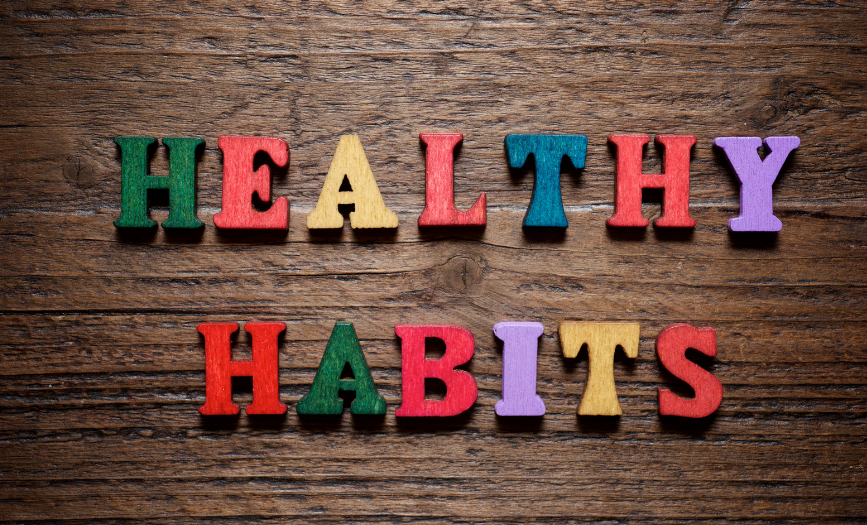
There are changes you need to make in your life, but something has always held you back. You’ve told yourself a million times “today is the day”, only to decide now isn’t the time. Why? At one time or another, fear has kept most of us from trying something new, whether it's a new job, eating plan, workout or hobby. Creating new habits, especially when it comes to your health, can feel uncomfortable, risky and sometimes overwhelming if you aren’t prepared. However, small changes in your mindset and a determined attitude can help turn that fear into fearlessness.
- Start small. “[Begin by doing] one thing over and over again, and then when it sticks, add to it,” advises life coach Ann Syson. “For instance, to build a meditation practice, [start by] meditating for one minute each day. When that feels easy, add 30 seconds. Continue adding short intervals of time until you're meditating for the length of time you’d like. This will allow your brain to adjust to the new habit slowly.”
- Stay consistent. Psychologist Rebecca Leslie reminds her clients that behavior change is difficult because it requires making hard choices repeatedly. “Our brains like to maintain balance and consistency, so it can be hard to make a change when we’re used to a certain routine,” she explains. “However, if we establish a habit, like brushing our teeth every night before going to bed, we no longer have to think about it and make decisions.” The behavior becomes automatic. When starting a new habit, make it a point to commit to it for at least a few weeks before evaluating what is and is not working. Making a short-term commitment to stick with it will eliminate some of the pressure.
- Reframe your thinking. Look at change as something positive, not something to fear. No matter the outcome, you’ll likely learn something along the way. Making mistakes is part of life, especially when you’re willing to take risks and try something new. Instead of letting life pass you by, give yourself a pat on the back for stepping out of your comfort zone, regardless of the outcome.
- Accept that you will likely struggle. “Changing habits is hard work and you are not a failure if you revert back to old habits sometimes,” Leslie asserts. “Just like when you learned to tie your shoes or drive a car, it was hard [at first], but you don’t have to think about it now.” Over time and with consistency, the behavior becomes second nature and the struggle subsides.
- Be patient. Change takes time, especially if you’re trying to replace a long-standing habit with a better one. If you take a break, don’t berate yourself into feeling like it’s day one again. Pick up where you left off and move forward with fresh determination.
- Focus on the process, not the outcome. “When creating habits, people tend to over-focus on the outcome instead of the actual behavior,” explains nutrition coach Lisa Schreiber. “No one can control what the outcome will be, but they can control the behaviors that may help them get a particular outcome. Use what you know about yourself and when you’re ready to start experimenting with practicable skills, that can turn into [sustainable] habits.”. Focusing on the process allows you to see small changes that happen on the way to a bigger goal. For example, when losing weight you might notice you have more energy to play with your kids or feel more confident.
- Identify what you don’t want to do and replace it with what you want to do instead. Leslie offers her clients practical suggestions to put this into practice. “For example, if you tend to get home from work, open up the fridge and start snacking, [instead] plan to go straight to your bedroom, change out of your work clothes, and then put prepared leftovers in the microwave.” Instead of visiting the vending machine at work when you’re bored, invite a coworker to walk to catch up on your favorite show, or if you procrastinate when working from home by watching T.V., allow yourself to go for a walk for some fresh air any time you complete a task. By pinpointing the habit you want to change and immediately putting a new one in its place that provides a similar benefit, you will be less likely to miss a beat as you grow.
Think of your new habit as a choice, not a chore. Creating a new habit doesn’t have to be an experience filled with negative emotions; consider it an opportunity for personal growth as you rise to the challenge in front of you.













